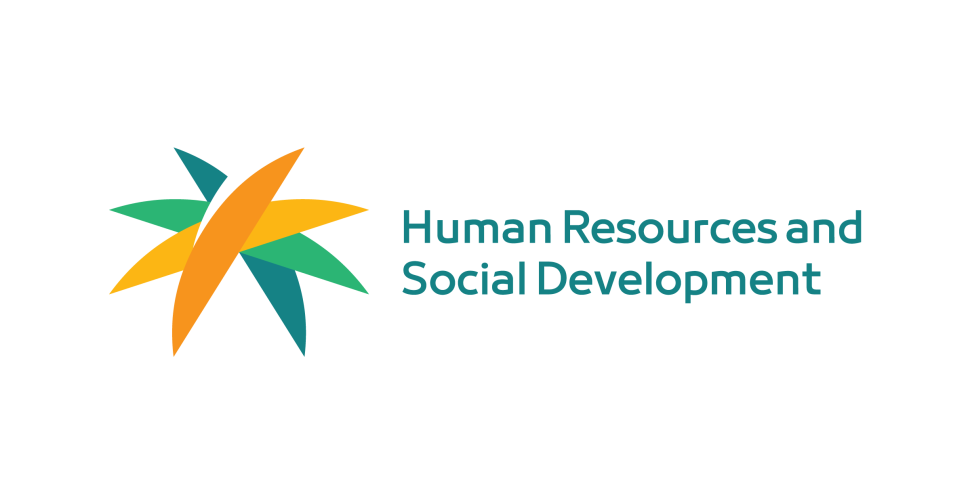
Saudi Ministry of HRSD Highlights Its Anti-Trafficking in Persons Efforts in Conjunction with The World Day Against Trafficking in Persons
Publication date: 30 July 2023 - 12 Muharram 1445
The Kingdom of Saudi Arabia, driven by its belief in protecting human rights and dignity has paid great attention and made huge efforts against combating trafficking in persons. This is part of the diligence of the government of the Custodian of the Two Holy Mosques King Salman Bin Abdulaziz and HRH the Crown Prince Mohammad Bin Salman in protecting the rights and dignity of every person in this country. On the national level, the kingdom issued the anti-trafficking in persons law and the national strategy supporting this law with the participation of many governmental entities. The Kingdom also created a national committee to combat trafficking in persons and issued multiple regulations in this regard. On the regional level, the Kingdom signed the Arab Protocol of Combating Trafficking in Persons, Especially Women and Children supplementing the Arab Convention Against Transnational Organized Crime.
On the international level, the Kingdom maintained second place in the Anti-Trafficking in Persons Index ranking according the US State Department report, which ranks countries in this regard. This reflects the Kingdoms continuous work in executing many improvements which support and strengthen human rights. Also, in 2007, Saudi Arabia ratified the Palermo Protocol that prevent, suppress and punish trafficking in persons, especially women and children, And the 2014 supplementary protocol to the forced labor convention, which is one of the international labor organization protocols.
The Ministry of Human Resources and Social Development (HRSD), out of its labor market responsibility and its developmental role, has executed and activated the national plan for anti-trafficking in persons which is built on 4 pillars: prevention, protection and assistance, prosecution and national, regional and international cooperation.
HRSD also strengthen its awareness efforts of the seriousness of human trafficking in the first quarter of 2023 by launching multiple awareness campaigns to raise awareness about workers’ rights in facilities as well as domestic workers. HRSD monitoring task force conducted more then 1500 inspections in the first quarter of 2023, as part of the anti-trafficking in persons joint campaign, and the anti-trafficking in persons department has received 539 reports, that included: labor disputes, abuse, sexual abuse, early inspection in worker shelters, forced labor and violation of labor laws. These reports were handled with confidentially and sent to the proper authorities. Among these reports, a total of 49 suspected cases of trafficking in persons were handled and protected.
The Ministry, in collaboration with the Saudi Chambers of Commerce held 16 workshops for 565 employees from call centers, field monitors, employers and employees, and worker shelters to train them in trafficking in persons indexes, legal aspects and means of protection and how to deal with trafficking in persons reports and direct them to the proper authorities. The HRSD, as part of activating the role of non-profit organizations, approved the creation of the first specialized anti-trafficking in persons association and held multiple workshops to raise awareness and support the victims.
The Ministry launched many programs and initiatives to combat trafficking in persons, including the contractual relationship improvement initiative, wage protection program, contract documentation, electronic friendly settlement service, Musaned platform. In addition, the ministry launched the labor attache program in labor-sending countries to raise workers awareness of the Saudi Arabia’s laws and recruitment policies.
the ministry has provided many communication channels to enable target groups to contact and file complaints whether through social media or the ministry’s app, and the ministry calls upon anyone who suspects any case of trafficking in persons to file a report through the official communication channels to take the necessary action.
Latest News



